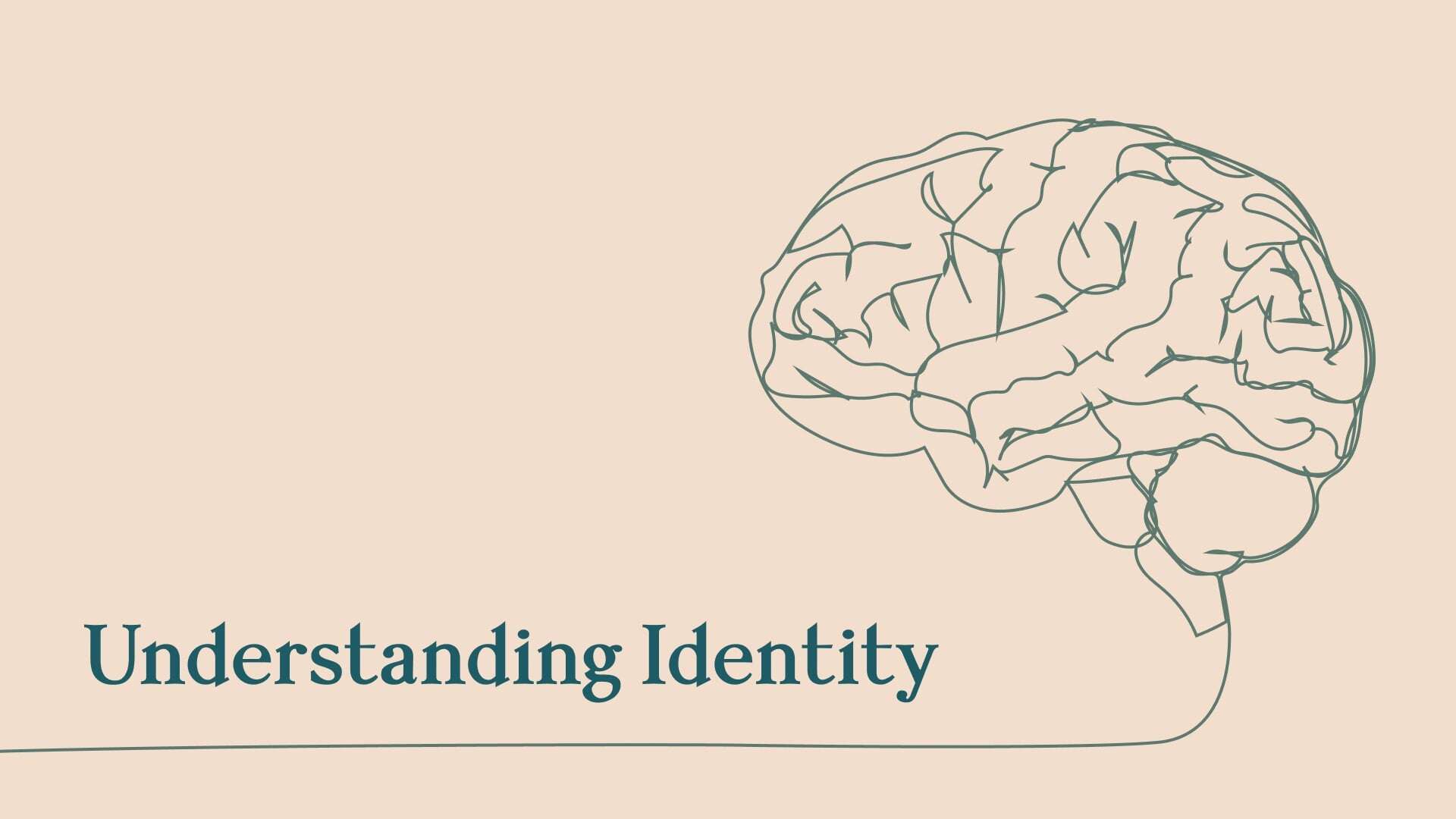Wellness Is Not a Trend: Understanding the Rise of a $4.5 Trillion Industry

From gut-friendly sodas and green powders to meditation apps and infrared saunas, wellness has become a dominant force shaping modern life. But beyond the marketing buzz lies a deeper truth: wellness is not a trend—it’s a global shift in how we think about health. With the wellness industry now valued at over $4.5 trillion, it’s clear this movement is here to stay.
For individuals curious about building healthier lives—or even careers in health and wellness—understanding this industry is a vital first step. So, what does “wellness” actually encompass, and how can we navigate it meaningfully?
What Is the Wellness Industry?
The wellness industry is vast and evolving. It includes everything from nutrition, movement and mental health to sleep, social connection, and environmental wellbeing. Key areas include:
-
Products: Supplements, organic foods, skincare, wearable tech
-
Services: Health coaching, fitness training, counselling
-
Experiences: Retreats, workshops, digital wellness platforms
-
Careers: Nutrition professionals, educators, lifestyle coaches, entrepreneurs
At its core, wellness reflects a more holistic view of health—recognising that how we eat, think, move and feel are deeply interconnected.
“Many things can affect how healthy we are, ranging from the macro to the molecular: from society-wide influences to highly individual factors, such as genetic make-up. And, of course, our health is also affected by the quality of health care we receive”
Why Is Wellness Booming?
The global appetite for wellness has grown rapidly, fuelled by a combination of cultural, technological and personal shifts:
-
Health as a priority: The pandemic accelerated awareness of both physical and mental health. Many people began to proactively seek tools to manage stress, immunity, and prevent chronic illness.
-
Greater access to information: Digital platforms, apps and online courses have democratised access to health knowledge, allowing people to make informed decisions about their wellbeing.
-
Influence of media and community: Wellness content thrives on social media—especially platforms like TikTok and Instagram—where personal transformation stories, tips and trends spread quickly.
-
A shift towards prevention: Consumers are turning away from reactive healthcare and embracing preventive, lifestyle-based solutions that focus on long-term wellbeing.
According to McKinsey, 79% of consumers globally now say wellness is important to them—and 42% make it a top priority.
The Flip Side: Navigating the Wellness Boom With Clarity
As demand grows, so does the number of products, services and self-proclaimed “experts.” While the wellness movement can be empowering, it can also be confusing, overwhelming—or even misleading.
Some of the key challenges include:
-
Information overload: Not all advice is evidence-based, and it's easy to feel unsure about what's truly beneficial.
-
Commercialisation: Health and wellbeing are often packaged into premium-priced products or exclusive experiences.
-
Unrealistic standards: Wellness is sometimes presented as aspirational, “clean,” or perfect—when in reality, it should be inclusive and personal.
That’s why it’s important to be intentional about the wellness choices we make. Health doesn’t have to be complicated, costly or curated for social media.
Inclusivity is also a vital part of the wellness conversation. For example, frameworks like the IDDSI (International Dysphagia Diet Standardisation Initiative) play a crucial role in ensuring nutrition is accessible to individuals with swallowing difficulties—often the elderly or those with medical conditions. By classifying food and drink consistencies (from "Thin" liquids to "Extremely Thick" purées), IDDSI ensures that everyone can enjoy safe, nourishing meals that meet their unique health needs. This is a powerful reminder that wellness isn’t just about what’s trending—it’s about meeting people where they are and designing systems that promote wellbeing for all.

A common misconception is that so-called ‘unhealthy’ or ‘bad’ foods have to be completely eliminated from the diet in order for someone to be healthy
Five Ways to Engage With Wellness—With Confidence
If you’re passionate about improving your health, supporting others, or exploring meaningful work in the wellness space, now is the perfect time to deepen your understanding. The wellness industry is not only booming in size but also evolving in complexity and opportunity. Whether you're someone seeking personal growth, contemplating a career pivot, or looking to make a positive impact in your community, it’s essential to engage with wellness in a way that is both informed and intentional.
A clear grasp of health science, nutrition principles, and behavioural psychology lays a strong foundation for navigating this space. But just as important is learning how to critically evaluate information, communicate effectively, and support diverse health needs. This is especially vital for those interested in coaching, community outreach, or creating their own wellness offerings.
Here’s how to make sense of this thriving and rapidly changing industry:
1. Stick to the fundamentals
The building blocks of wellness remain simple: a balanced diet, regular movement, restful sleep, emotional regulation, and meaningful connections. These basics might sound obvious, but they are often the most overlooked in a world fixated on shortcuts and trends. Consistency in simple, sustainable habits has a far greater long-term impact than any quick-fix or restrictive regime. Start with what you can manage—like adding an extra portion of vegetables to your meals, stretching daily, or getting to bed 30 minutes earlier—and build from there.
2. Prioritise credible information
Seek guidance from evidence-based sources and trained professionals. Understanding the science behind nutrition, behaviour and wellbeing is essential—especially if you plan to support others. Avoid relying solely on social media trends or anecdotal advice, and instead turn to reputable institutions, peer-reviewed research, or qualified practitioners. If you’re working in this space or aspire to, staying current with scientific updates and ethical standards is not optional—it’s vital.
3. Define wellness for yourself
Wellbeing doesn’t look the same for everyone. Your version might mean reducing stress, improving energy, supporting mental health, or creating new daily habits. It may also shift over time depending on your stage of life, personal challenges, or goals. The key is to listen to your body and mind, and to avoid comparison with others. Wellness should serve you, not stress you. Tailoring your approach ensures it's both effective and sustainable in the long run.
4. Avoid moral language around food and health
Words like “clean eating” or “guilt-free” can reinforce unhealthy mindsets. Food is not a moral issue—balance and flexibility are key. Labelling foods as "bad" or "cheat meals" can create anxiety, shame, or an all-or-nothing mentality. Instead, focus on nourishment, satisfaction, and variety. Cultivating a positive and realistic relationship with food is a cornerstone of both personal wellbeing and effective health education.
5. Question the marketing
Not everything labelled “natural,” “detoxifying” or “anti-inflammatory” is backed by science. Learn to read between the lines of wellness trends. Many wellness products and services use health-related buzzwords without solid evidence or regulation. Always ask: who is making the claim, what are they selling, and where’s the proof? Developing a critical lens helps you make informed choices—and, if you're working in the industry, builds trust and integrity in your own practice.
Wellness as a Career: The Rise of Purpose-Led Professionals

In a hospital setting, dietitians develop and adapt menus for individuals who are recovering from illness or surgery or those with particular health conditions. Only an Accredited Practising Dietitian (APD) can work in clinical settings such as a hospital.
The growth of the wellness sector also means new and exciting opportunities for those interested in making a difference. Roles like health coach, nutrition educator, corporate wellbeing advisor, and entrepreneur are increasingly in demand—and not just in traditional healthcare environments. Wellness professionals are now contributing across diverse settings, from private clinics and gyms to corporate workplaces, schools, digital platforms, and community health initiatives.
This surge in opportunities reflects a deeper societal shift: people are seeking guidance, not just treatment. There’s a growing desire for preventive support, lifestyle coaching, and holistic advice that bridges the gap between medical care and everyday wellbeing. As a result, professionals who can support others to make sustainable, informed health choices are becoming indispensable.
Success in these pathways requires more than personal passion—it demands a comprehensive foundation in health science, nutrition, and behavioural psychology. You also need strong interpersonal and communication skills, ethical awareness, and a genuine commitment to inclusive and evidence-based practice. For those seeking to establish credibility, offer value, and build a rewarding career in this space, formal learning is key.
Ulleo’s Advanced Health & Nutrition course is designed to meet this need—equipping learners with practical tools, real-world insights, and mentor-led guidance to thrive in the wellness industry. Whether your goal is to work one-on-one with clients, run your own wellness business, or advocate for change in your community, this course can serve as a powerful launchpad.
Ready to Take the Next Step?
Wellness is here to stay—but real, lasting change happens when people understand the bigger picture. Whether you're looking to improve your own health or help others thrive, learning how to cut through the noise, apply evidence-based practices and inspire change is key.
Download our course guide to discover how Ulleo’s Advanced Health & Nutrition course can help you turn your curiosity into clarity, your passion into purpose—and ultimately, lead to a successful and fulfilling career in the wellness industry.

